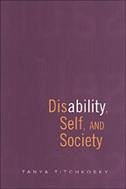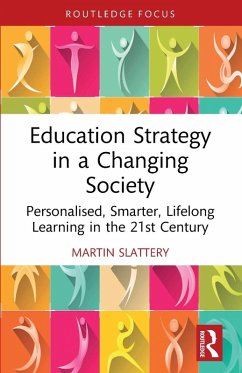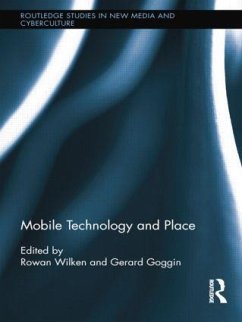
Disability, Society and Assistive Technology
Versandkostenfrei!
Versandfertig in 1-2 Wochen
56,99 €
inkl. MwSt.
Weitere Ausgaben:

PAYBACK Punkte
28 °P sammeln!
The provision of assistive technology is an important individual and collective service of the welfare state. The state plays a significant role towards linking users and products, and the matching of devices and users is both a science and an art. However, many people feel it is stigmatising to use individually designed assistive technologies as they often, in a subtle way, convey discriminating barriers in society. The major challenges of assistive technology are thus to reduce social exclusion and marginalisation and, importantly, to reduce individual risks and societal costs related to non...
The provision of assistive technology is an important individual and collective service of the welfare state. The state plays a significant role towards linking users and products, and the matching of devices and users is both a science and an art. However, many people feel it is stigmatising to use individually designed assistive technologies as they often, in a subtle way, convey discriminating barriers in society. The major challenges of assistive technology are thus to reduce social exclusion and marginalisation and, importantly, to reduce individual risks and societal costs related to non-use due to deficiencies in usability, aesthetics and design of the technologies. This groundbreaking book discusses the relationships among society, disability and technology by using different empirical examples (e.g., school, everyday life) to show why the combination of disability studies and STS-studies (science, technology and society) is a fruitful approach to understanding and meeting these challenges. The book explores the significance of the technologies for users, society and the field; identifies challenges to designing, adopting and using assistive technologies; and points at theoretical challenges in research as well as professional challenges in assistive technology service provision. The book also scrutinises the role of assistive technology devices, as well as the organisational structure of the assistive technology market, in relation to disabled people's lives. This book will be valuable reading for students, academics, teachers and social educators interested in Disability Studies, STS Studies, Product Design, Sociology, Occupational Therapy and Physiotherapy, as well as engineers working in the field of assistive technology.














